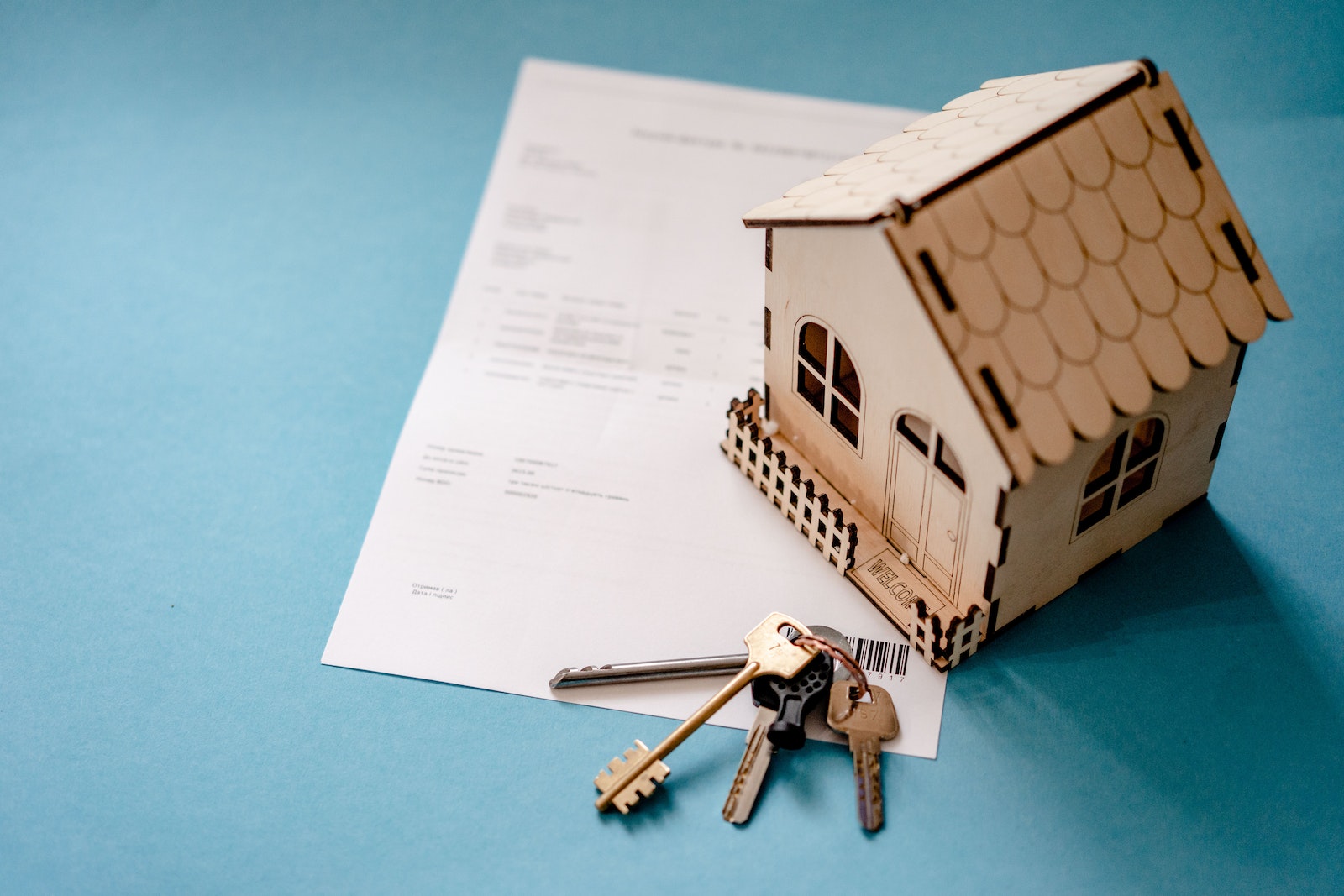Start investing today with these top real estate strategies
If you’re new to real estate investing, it might be overwhelming to try and figure out where to start with your strategy. There are a few approaches you might consider depending on various factors, such as risk tolerance, timeline, budget, and more.
But don’t let being a new investor keep you from making moves. These four real estate investment strategies are a great place for beginners to start building a portfolio and generating both short- and long-term wealth in the real estate market.
Buy and hold
The buy and hold investment strategy is one of the most common beginner strategies for real estate. Investors purchase a property with the intent of allowing it to appreciate in value over time, anywhere from a few years to a few decades. Typically, these properties are used to generate a rental income stream. When the timing is right, the investor sells the property at a profit.
Buy and hold investments are a long-term strategy — investors must have the patience to wait for property value to increase and the right market conditions to make selling profitable. These properties also require regular rental maintenance and upkeep, whether the investor acts as the direct landlord or hires a property management company.
Buy and hold can be a smart investment move for beginners because these properties generate steady passive rental income that can be used toward paying off the mortgage on the property, maintaining the property, paying for additional investments, or used as personal income. Buy and hold real estate also offers several tax advantages, often making it possible for smart investors to maximize profits over time.
Fix and flip
The fix and flip investment strategy is another popular approach, especially for beginners who are interested in making real estate a part- or even full-time job. An investor purchases a distressed property at a discount, completes the necessary repairs and renovations over a short period of time, and then resells the property for a profit.
Fix and flip properties require strong planning and market knowledge to make sure the property and its necessary updates fit the investor’s budget to maximize profits. Investors need to create a scope of work for renovations that will generate the most value for the least cost. Strong partners also are a key part of successful flipping — especially trustworthy contractors that can get the job done well, within budget, and in the necessary timeframes. An investor can also consider living in the home they’re flipping, making it their primary residence for a certain amount of time to take advantage of owner-occupied financing and other tax breaks.
Compared to the buy and hold strategy, fix and flip generates profit much faster because investors do not want their money to be tied up in holding costs and renovations for too long. Smart investors will create project timeframes that allow them to recoup funds as soon as possible and lessen the impact of things like taxes and interest rates on their bottom line.
BRRRR Method
The BRRRR (buy, rehab, rent, refinance, repeat) method is a real estate investment strategy that combines aspects of buy and hold and fix and flip. An investor buys a distressed property and completes any necessary repairs and renovations. But instead of selling it, the property is rented out to generate passive income. Then the investor does a cash-out refinance on the property, converting the equity into cash and using it to fund other property investments.
Much like with fix and flip properties, it is essential for investors to focus on renovations that will generate high value for the property. This not only makes it attractive on the rental market but also ensures a good appraisal to maximize the funds received when cashing out equity during refinance.
This strategy can be a great way to build wealth in a scalable way with little to no money out of pocket. But it can be tricky for investors if they are not clear on their lender’s ownership waiting period and other requirements for refinancing. Investors should make sure that their initial lender offers cash-out refinance and understands its terms before setting up the initial loan to ensure a smooth refinance down the road.
Wholesaling
A wholesaling investment approach can be a great one for investors who don’t have the skills or money to flip or hold properties. Wholesale investors acquire a property under contract, then find another investor who is willing to pay a higher price. The key here is that wholesale investors go for properties that are under market value. This makes it easier to turn a profit for a price that investors want to pay.
Real estate wholesaling can be done without any money out of pocket, making it a great choice for someone who doesn’t have the capital needed for purchases or a high tolerance for risk. But it does require a strong network of buyers and sellers, good working knowledge of the local real estate market, and the ability to quickly identify and negotiate deals.
Wholesaling is highly dependent on the real estate market and the other people involved in the transaction, which can introduce complications or lengthen the time it takes to make a successful deal. Investors should ensure that sellers are comfortable with a wholesaling approach before matching a buyer to the property. Profit margins are also lower than other strategies such as fix and flip or BRRRR, but wholesaling can be a quick profiting strategy for investors who are willing to put in the time to network and learn.
Real estate investing can be a lucrative way to build wealth, but it’s important to have a strategy in place to maximize your returns. No matter which strategy you choose, it’s important to do your due diligence and thoroughly research the market and the property before making any investment decisions.
Are you ready to make your first investment? Sign up with Xome today to check out our auction and retail inventories and find the perfect property for your new portfolio.
NO INVESTMENT ADVICE
The above content is for informational purposes only. You should not construe any such content or other material as legal, tax, investment, financial or other advice.







